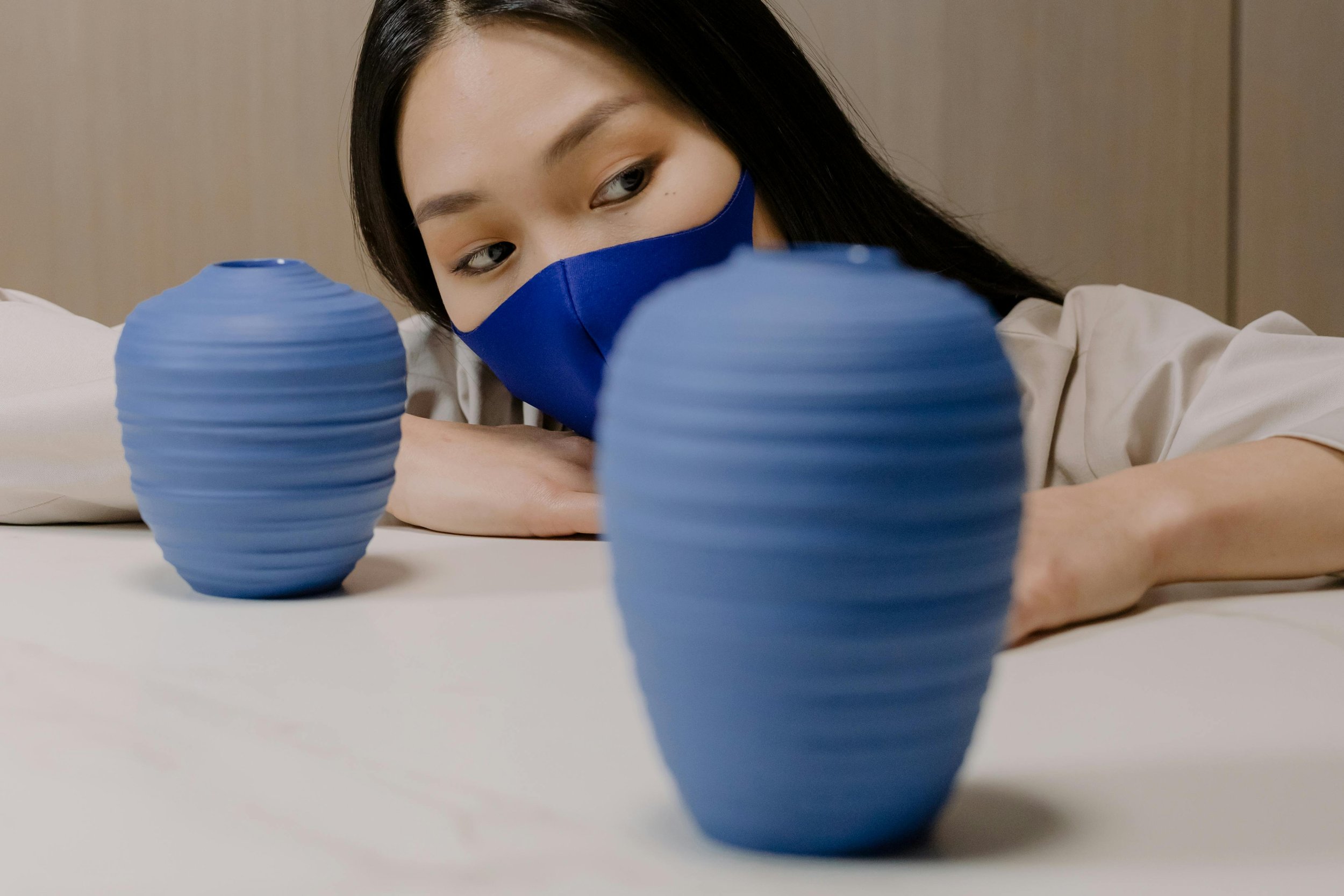Vaccination and Aesthetic Injectables: How the COVID-19 Vaccine affects Fillers and Botox
Everyone has been talking about the reports of patients with facial fillers getting swelling after receiving the COVID-19 vaccine. Initially, this was only reported in patients who had the Moderna vaccine, but there has now been a reported case of a patient in the UK who presented with swelling and inflammation after the Pfizer vaccine.
If you’ve had dermal fillers, this might sound a bit alarming, but I will explain why you should not be worried about this at all.
So let’s dispel the most common misunderstandings about this phenomenon and tell you what you really need to know.
Myth: This has been happening a lot!
No, it is a very rare reaction and was only reported in three cases in the original trial.
Myth: This is unique to the COVID-19 vaccine
Facial swelling has occurred with other immunisations (such as the flu vaccine), or post viral illness. This is because there is likely the same underlying cause for this reaction in all of these cases - it’s an inflammatory reaction of your immune system.
This is most likely a delayed hypersensitivity reaction, a response initiated by T-lymphocytes and mediated by CD4+ cells.
Myth: If I have fillers I should not have the COVID-19 vaccine
I cannot emphasise enough how untrue this is. There are a few simple rules to follow to minimise the risk of getting an inflammatory reaction, but having a filler treatment is no reason to skip the vaccine. We are all aware of how devastating this pandemic has been, so do not let the fear of a very small and rare side effect stop you from protecting yourselves and others.
To minimise your risk of a reaction, ensure that you have waited at least 3 weeks before or after a filler treatment before you have the vaccine. Abstain from any filler treatments until you’ve completed your full course of the vaccine.
What about Botox?
At the moment, there is no evidence that there are any interactions or side effects for patients with botulinum toxin injections who have had the COVID-19 vaccine.
What happens if you get an inflammatory reaction post-vaccine?
Don’t panic! These reactions are very treatable, and all reported cases have responded very well to medical management. Medical aesthetic practitioners are very capable of treating these reactions because, as I’ve mentioned already, they are not unique to the COVID-19 Vaccine.
Most reactions are self-limited, meaning that they will go away on their own.
If you do require treatment, your practitioner can prescribe a short course of steroids and anti-histamines. Again, in all of the documented cases from the original trial, the inflammatory reactions settled well with this treatment.
In the event that a more difficult-to-treat lump occurs, your practitioner may need to use hyalase to dissolve the filler. This is one reason why hyaluronic acid (HA) fillers are preferable to biostimulatory fillers. (You can read about the difference between the two here.) The second reason is that HA fillers are less likely to cause an inflammatory reaction in the first place.
None of the reported reactions post-COVID-19 vaccine have required the use of an EpiPen or a hospital visit. They have all been fairly mild, which should reassure you!
What are the important takeaway points?
These are in line with the current ACE Group recommendations:
Be aware that there is a very small possibility that an inflammatory response can occur, and your medical practitioner should clearly explain this risk and add this to the consent document.
This is not unique to COVID-19 vaccines - this could occur with other immunisations (like the flu vaccine) or post viral illnesses.
No treatments with dermal fillers 3 weeks prior to or after vaccinations in general (COVID-19 or otherwise).
Abstain from any injections until after the full vaccination course has been finished.
Having the vaccination must take priority over filler treatment, and should not be a reason to abstain from the vaccination programme.
Hyaloronic acid (HA) fillers are preferred over biostimulatory fillers.
The inflammatory response tends to be self-limited, meaning that it should resolve on its own.
It could require a short course of steroids of anti-histamines, which will be decided after assessed by your injector.
All documented reactions have been mild and responded quickly to treatment. There have been no cases that required the use of an EpiPen or visit to a hospital.
References
Anderson EJ et al; mRNA-1273 Study Group. Safety and Immunogenicity of SARS-CoV-2 mRNA-1273 Vaccine in Older Adults. N Engl J Med. 2020 Dec 17;383(25):2427-2438. doi: 10.1056/NEJMoa2028436. Epub 2020 Sep 29. PMID: 32991794; PMCID: PMC7556339.
Avram, M., Bertucci, V., Cox, S., Jones, D., & Mariwalla, K. (2020, December 28). Guidance 2. Regarding SARS-CoV-2 mRNA Vaccine Side Effects in Dermal Filler Patients.
Turkmani, Mohammed G et al. “Delayed hypersensitivity reaction to hyaluronic acid dermal filler following influenza-like illness.” Clinical, cosmetic and investigational dermatology vol. 12 277-283. 29 Apr. 2019, doi:10.2147/CCID.S198081














Galderma has unveiled Relfydess™ (RelabotulinumtoxinA), the world’s first ready-to-use liquid neuromodulator developed with proprietary PEARL™ Technology. This groundbreaking product has recently received approval for use in Europe. So what is it, and what sets it apart from the other toxins?.